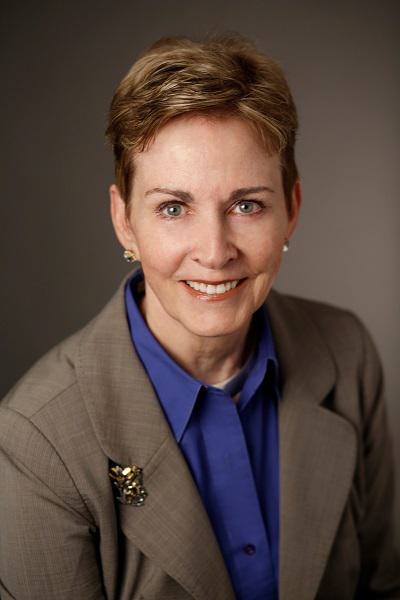How Can I Ease the Transition to Senior Care?


How Can I Ease the Transition to Senior Care?

The transition from a private home or apartment to a senior living facility requires physical, emotional, and, perhaps more importantly, attitudinal adjustments. It also requires generous time to discuss, evaluate, and then make the move.
Experts agree that the key for a successful move is understanding that the change itself can result in an overall better quality of life. It is best to keep in your thoughts and your discussions that the purpose of transitioning to senior care is to enhance their physical, psychological, and social well-being.
The Challenge of Change
Change is difficult at any age. Consider how good it feels to return home, even after an enjoyable vacation. Our first response is usually "it feels so good to be home." That's because our minds and bodies experience new environments as an additional stressor.
New places put new demands on us, requiring us to remember where we are, to learn how to access resources, and to make new plans for how our needs will be met.
Home, by contrast, is easy and familiar, a place where we accomplish our movements by rote — from getting a drink in the middle of the night to finding the TV remote!
The Learning Curve
A new setting can take at least three months — and often twice that — for a senior to "learn." Even with full acceptance that the move to a senior living community is a positive step, the learning curve can be steep. The right preparation can make the move a lot easier.
One helpful approach is to step back and look at the big picture. Consider or discuss all options and emphasize what will be gained rather than lost. Many tremendous benefits are often hidden or overlooked in the pressure wrought by change. The fact is that most seniors gain rather than lose independence.
Transitioning
Rather than embarking on a move abruptly, keep an eye out for opportunities to ease gently into a new situation. Try visiting a new residence during the lunch hour. Have lunch there with your parent (or loved one). An ordinary activity, like dining, can help familiarize you or a loved one to a new environment.
On your next visit, stay a little longer after a meal. Participate in a social activity that appeals to you, whether it's a game of cards or watching a favorite show or movie.
In all interactions with staff, try to be comfortable accepting assistance, and remember they are experienced professionals who are committed to their work.
An Emphasis on New Freedoms
After making a move, seniors sometimes compare their new homes to living on a cruise ship. It's true! You move in, the room is fresh and clean, and the place is yours. Meals and snacks are provided for you around the clock.
You have the opportunity to take a variety of educational, artistic, or recreational classes. Exercise classes or individual workouts can restore or improve health. Spiritual activities and support can provide a new sense of fellowship and well-being. Through social opportunities, new friendships are developed and old friendships rediscovered.
Transportation worries are over, and life opens up in new ways. Seniors are now free to take in a movie or museum, or to go shopping whenever they like. For many who have been struggling to keep up their own homes, it is a tremendous relief to have someone else take care of everything.
In an age when more and more senior living facilities are sensitive to the needs of the whole person, seniors are leading far more enriched lives full of meaningful activities that make each new day an opportunity to enjoy all that life has to offer.
A 40-plus-year veteran of senior housing and healthcare issues, Molly Forrest is the Chief Executive Officer-President of the Los Angeles Jewish Home, one of the foremost multi-level senior living communities in the U.S. and the largest single-source provider of senior housing in Los Angeles.